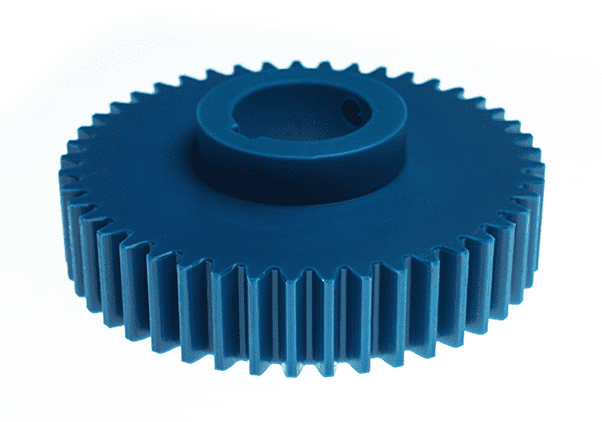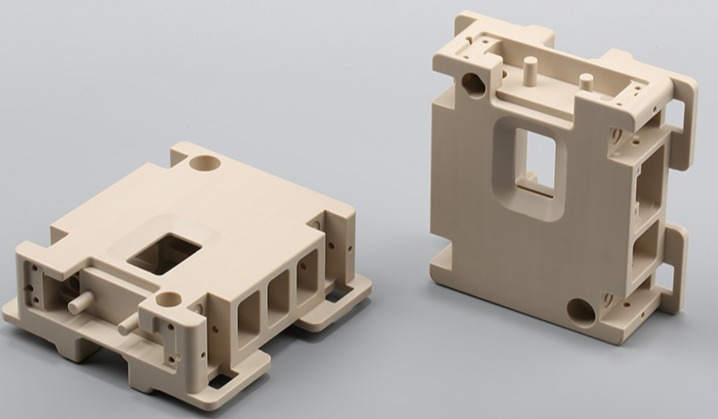1. Polishing and polishing Due to its special forming method, the 3D printed model will have a stepped layer on the surface of the model. These layered patterns are inevitable even for the finest printers currently available. Although we can adjust the parameters during layering or the placement of the model to make the layer…
Monthly Archives: May 2020
3D printing has many huge applications in mechanical engineering projects. But did you know that with 3D printing, you can produce sturdy and fully functional gears? So what are the advantages of using 3D printers to make gears? Today, we will provide you with professional tips about the design process, discuss 3D printing materials, and…
Flanging is a plastic processing method of bending the material of the thin plate blank edge or the narrow band area of the prefabricated hole edge on the blank along a curve or a straight line. Flanging is mainly used to strengthen the edge of the part, remove the trimming, and make a part on…
Spinning is a metal turning process. During the processing, the billet is actively rotated with the spinning die or the spinning head is actively rotated around the billet and the spinning die, and the spinning head makes a feed motion relative to the core die and the billet to cause continuous local deformation of the…
Tension is to apply tension to the sheet material through the tension die, so that the sheet material produces uneven tensile stress and tensile strain, and then the mating surface of the sheet and the tension die gradually expands until it completely fits the surface of the tension model. The applicable objects of the pull-shape…
Deep drawing, also known as drawing or calendering, is a stamping processing method that uses a die to turn a flat blank obtained after punching into an open hollow part. The deep-drawing process can be used to make cylindrical, stepped, tapered, spherical, box-shaped and other irregular-shaped thin-walled parts. If combined with other stamping and forming…
Plastic forming method for bending metal plates, pipes and profiles into a certain angle, curvature and shape. Bending is one of the main processes widely used in stamping parts production. The bending of metal materials is essentially an elastoplastic deformation process. After unloading, the workpiece will produce elastic recovery in the direction of deformation, called…
It is a basic stamping process that uses a mold to separate materials. It can be directly made into flat parts or prepare blanks for other stamping processes such as bending, deepening, forming, etc., and can also be used to cut, trim, etc. Punching is widely used in industrial sectors such as automobiles, household appliances,…
Common Process and Problem Analysis The laser beam input from the melt-cutting perforation technology has high power density and high energy. The inside of the material at the beam irradiation point begins to evaporate, forming a hole. The small hole is surrounded by molten metal, and the auxiliary airflow coaxial with the beam surrounds the…
What companies will compete in the future, some say talent, some say technology, some say equipment, in fact, these are very important, there must be recognition that the times are developing, society is improving, and more and more high-tech is integrated into machinery. Parts processing industry. Everyone should note that developed countries, whether in Japan…

 Deutsch
Deutsch Français
Français 日本語
日本語 Español
Español

